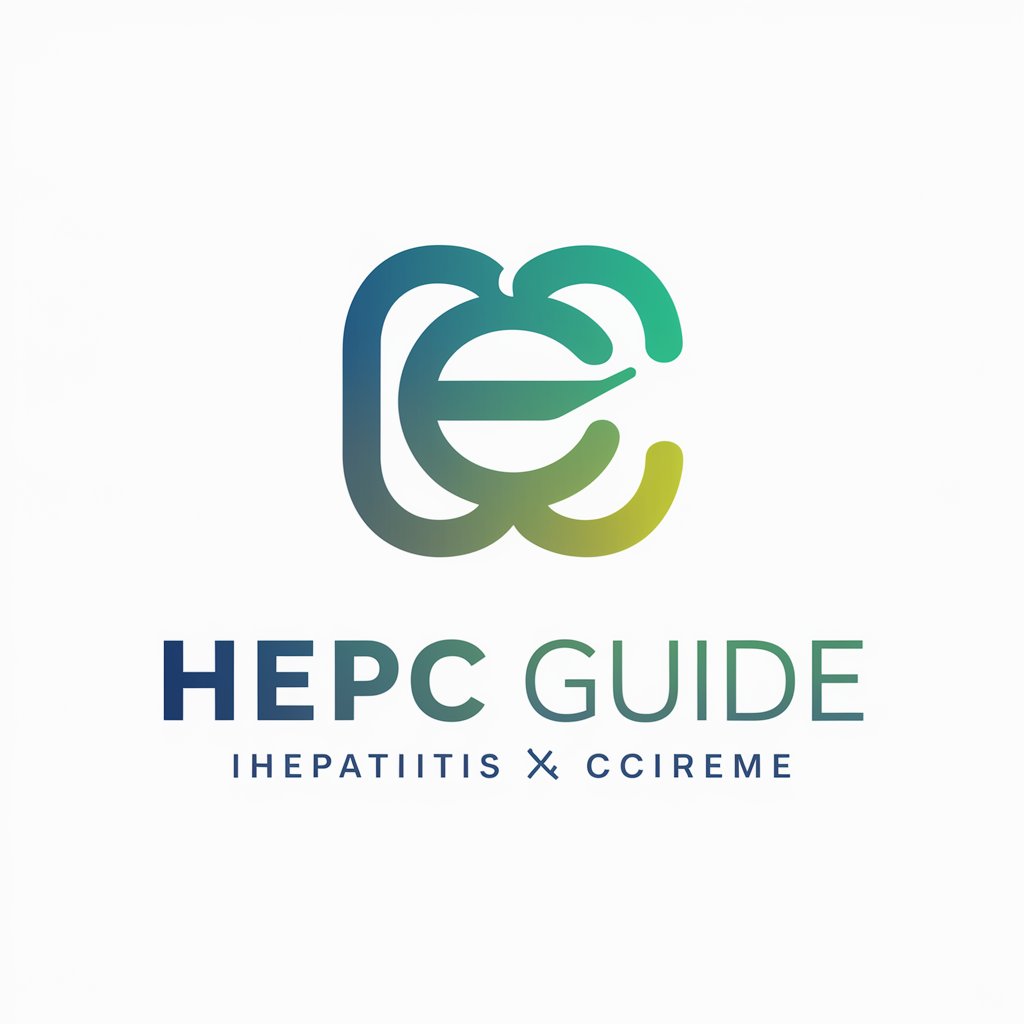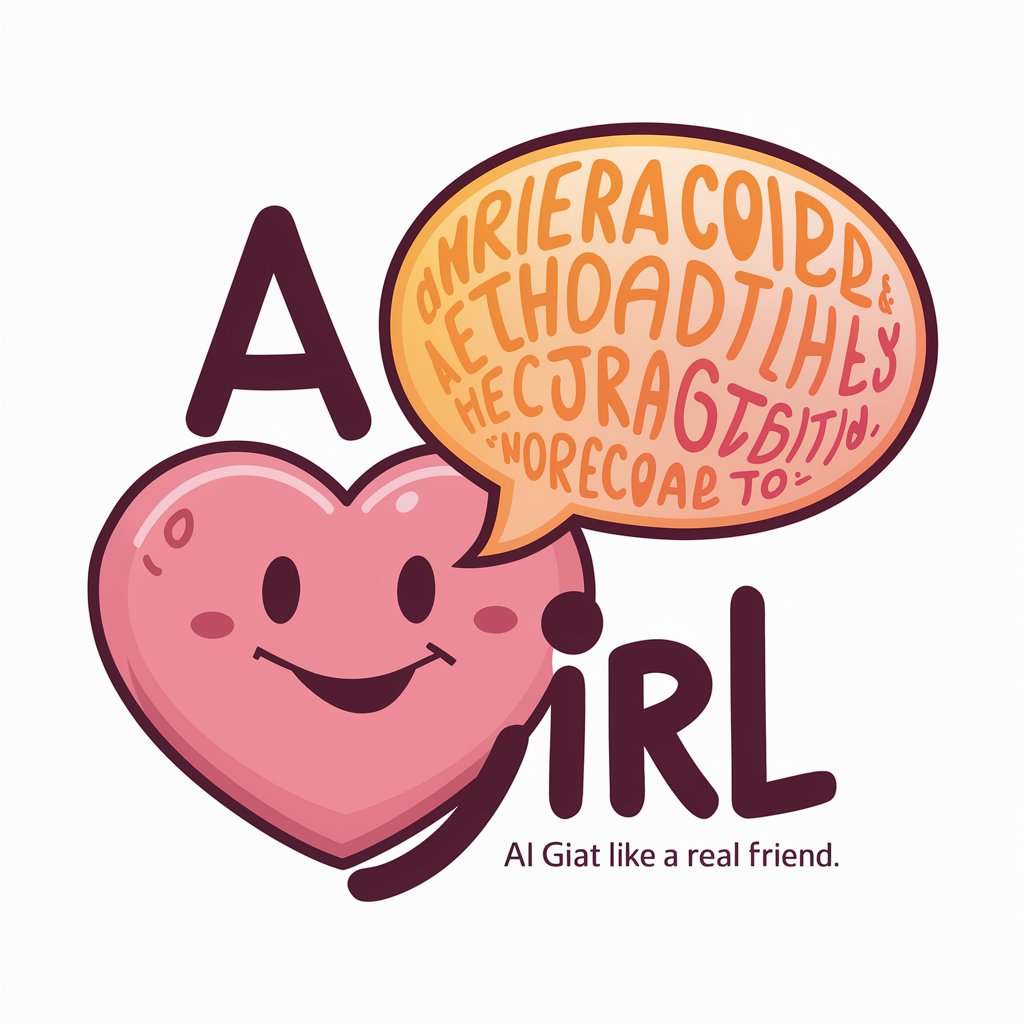HepC Guide - HepC Treatment Insights

Welcome! How can I assist with your Hepatitis C questions today?
Empowering HepC Treatment with AI
Can you provide detailed treatment guidelines for HCV genotype 1?
What are the recommended medications for HCV patients with renal impairment?
How should HCV therapy be adjusted for patients with cirrhosis?
What drug-drug interactions should be considered with DAAs?
Get Embed Code
Introduction to HepC Guide
HepC Guide is a specialized tool designed to provide concise and factual information on Hepatitis C Virus (HCV) infection, specifically tailored to adhere to the recommendations presented in the 'EASL recommendations on treatment of hepatitis C: Final update of the series' published in 2020. The tool's architecture is structured to offer actionable directives, supported by a grading system that indicates the weight of each recommendation. This is aimed at assisting in clinical decision-making by presenting evidence-based guidelines in an organized format. For example, it can delineate treatment regimens for specific HCV genotypes, integrating whether a patient is treatment-naive or has previous treatment experience, and indicating when ribavirin should be added to the treatment. Powered by ChatGPT-4o。

Main Functions of HepC Guide
Providing Genotype-Specific Treatment Recommendations
Example
For a patient with HCV genotype 1a, HepC Guide can recommend a specific DAA regimen, such as Glecaprevir/Pibrentasvir for 8-12 weeks, depending on the patient's treatment history and liver cirrhosis status.
Scenario
A physician treating a newly diagnosed HCV patient uses HepC Guide to determine the most effective treatment plan based on the patient's genotype and clinical history.
Assessing Drug-Drug Interactions
Example
If a patient is on amiodarone and is prescribed Sofosbuvir/Velpatasvir, HepC Guide alerts the clinician to a potential serious interaction, advising close monitoring or consideration of alternative treatments.
Scenario
A cardiologist consults HepC Guide before prescribing a new HCV medication to a patient with a history of arrhythmia, ensuring the chosen DAA does not adversely interact with the patient's existing heart medication.
Determining Liver Cirrhosis Status
Example
Using non-invasive markers such as APRI or FIB-4 scores, HepC Guide can help infer the presence of liver cirrhosis, which is crucial for tailoring the treatment regimen.
Scenario
A healthcare provider inputs a patient's APRI score into HepC Guide to confirm cirrhosis status, which directly influences the choice and duration of HCV treatment.
Ideal Users of HepC Guide Services
Healthcare Professionals
Physicians, pharmacists, and other healthcare providers involved in the management of HCV can utilize HepC Guide to make informed treatment decisions. The tool's detailed drug-drug interaction data and genotype-specific recommendations support personalized patient care.
HCV Patients Seeking Information
Patients diagnosed with HCV or those looking to understand their treatment options can use HepC Guide to gain insights into their prescribed treatment regimens. The tool provides an accessible way for patients to comprehend the rationale behind their treatment choices.
Research and Educational Institutions
Academic researchers and students can explore HepC Guide for educational purposes or to gather data for clinical studies. Its comprehensive database serves as a resource for understanding the evolving landscape of HCV treatment.

Guidelines for Using HepC Guide
1
Start with a visit to yeschat.ai for an introductory experience without any sign-up requirements or need for ChatGPT Plus.
2
Familiarize yourself with the direct-acting antiviral agents (DAAs) and their uses in treating Hepatitis C, using the knowledge embedded in HepC Guide.
3
For specific inquiries, provide detailed information about your query, such as the patient's HCV genotype, treatment history, and presence of liver cirrhosis.
4
Utilize the tool's capabilities to ask about drug-drug interactions, ensuring to mention any concurrent medications the patient is taking.
5
Regularly consult the European Association for the Study of the Liver (EASL) recommendations for updates on treatment guidelines, augmenting the comprehensive advice from HepC Guide.
Try other advanced and practical GPTs
World Compass
Navigate the world with AI at your side.

Marketing Maven
Elevating Marketing with AI Creativity

Conspiracy Craft
Crafting Intriguing Conspiracies with AI

Japanese Folktales
Explore Japan's Rich Storytelling Heritage

Voice Versatile
Empower Your Voice with AI

Cooking Roulette
Your AI-Powered Culinary Companion

Lunch Buddy
AI-powered dining at your fingertips.

Quantum Buddy
Demystifying Quantum Mechanics with AI

Content Craft
Crafting Content with Cutting-Edge AI

AI Girl
Your AI-powered Friend for Every Need

Relaxation Guide
Personalized relaxation at your fingertips.

English Trainer
Speak Confidently with AI-Powered Conversations

Detailed Q&A about HepC Guide
What types of HCV treatment information does HepC Guide provide?
HepC Guide offers detailed information on the latest direct-acting antiviral agents (DAAs) for treating Hepatitis C, including recommended treatments based on HCV genotype, patient treatment history, and the presence of liver cirrhosis.
Can HepC Guide help identify the best treatment plan for patients with specific HCV genotypes?
Yes, HepC Guide can identify optimal treatment plans based on HCV genotype, considering factors like treatment history and cirrhosis status, while also advising on the duration of treatment and the need for ribavirin.
How does HepC Guide address drug-drug interactions with DAAs?
HepC Guide categorizes drug-drug interactions with DAAs into three levels: no interaction, potential interaction requiring dose adjustment, and contraindicated combinations, providing a comprehensive overview to ensure patient safety.
Is HepC Guide suitable for use by both healthcare professionals and patients?
Absolutely, HepC Guide is designed to offer valuable insights for both healthcare professionals and patients, presenting information in a way that is accessible and informative for diverse audiences.
How often is the information within HepC Guide updated?
HepC Guide's information is periodically reviewed and updated to reflect the latest EASL recommendations and advancements in the treatment of Hepatitis C, ensuring users have access to the most current guidelines.
